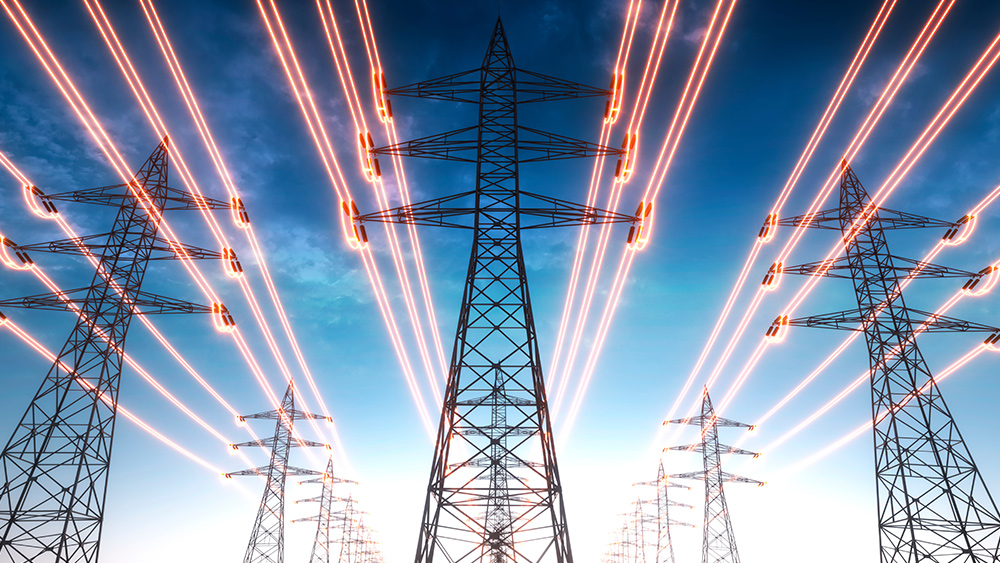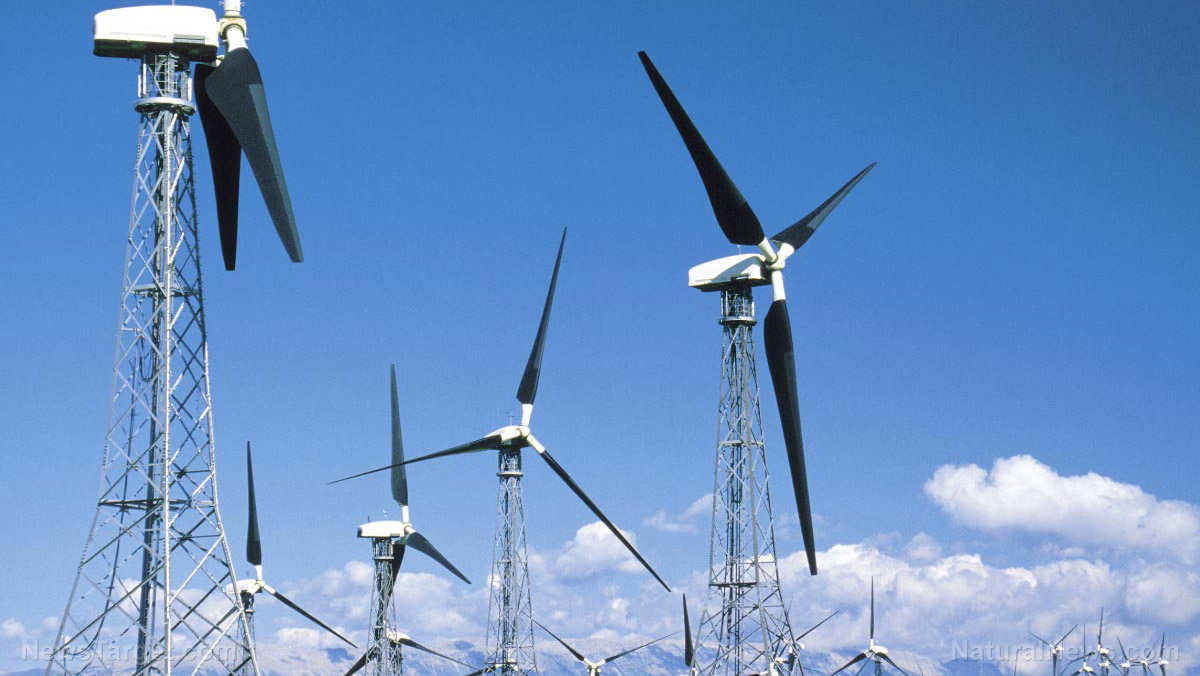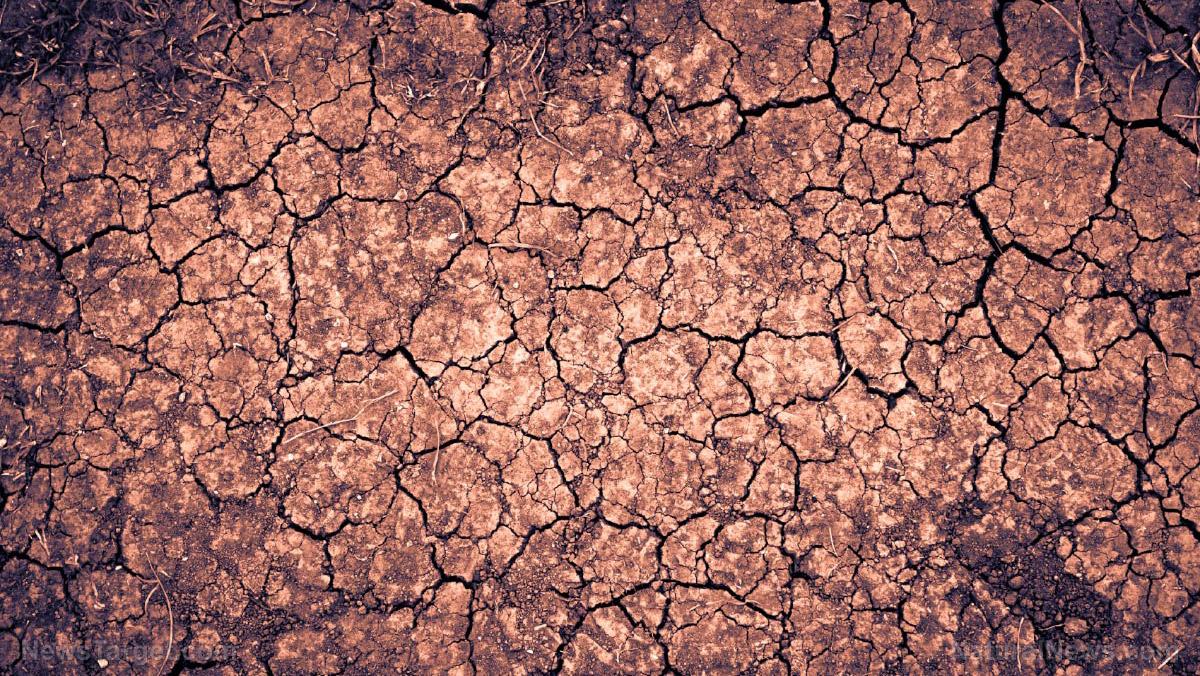Dallas Fed warns: Texas power grid still at risk during extreme weather
01/19/2023 / By Belle Carter

The Federal Reserve Bank of Dallas has warned that the Texas electrical grid is still at risk during severe weather despite safeguards done after the deadly February 2021 deep freeze, which brought widespread power outages in the Lone Star State.
The freeze that caused the state’s electrical system to fail prompted Texas officials to introduce regulations to weatherize the state’s grid, Electric Reliability Council of Texas (ERCOT). Dallas Fed also called for increased enforcement of those standards and more incentives to boost thermal power generation and Texas’ so-called enhanced demand-response programs, Reuters reported. The programs may include paying large power customers to curb the use of electricity during peak times.
Garrett Golding, a senior business economist at the Dallas Fed, said in a note that these moves could “help ensure the power grid stands up to future demand growth and the challenges of extreme weather.”
“The reforms implemented are working, and as a result, the reliability and resiliency of the grid are stronger than ever before,” the Texas power operator said in an email.
Texas Public Utility Commission (PUC) spokesperson Ellie Breed said the grid now needs more on-demand power generation to meet growing demand from the second largest state in America, adding that the commission will vote this week on adding power generation and on other grid-related issues.
ERCOT primarily operates the electricity system in Texas while the PUC regulates the state’s electric, telecommunication and water and sewer utilities.

Golding included in his note that power plants and natural gas facilities that went down during the recent winter storm put the grid at risk as demand surged to 73,000 megawatts. The economist claimed that this was close to its winter record high set by the 2021 freeze. (Related: During this year’s deep freeze, the Texas power grid was minutes from disaster because of dysfunctional generators.)
“The cold snap last month demonstrated that progress has been made, but it also exposed the remaining vulnerabilities as electricity demand increases and extreme weather becomes more common,” Golding wrote.
PUC plans to raise electricity price to boost Texas power grid
The PUC is set to convene to take action on a plan that will ultimately raise electricity rates for consumers.
According to local news outlets, the proposal would pay power companies that produce electricity to be available when there’s an electricity shortage on the grid. The plan which could take three years to implement, may cost about $460 million annually, or about $2 per month on a $100 electricity bill.
They called it a “performance credit mechanism” (PCM). Retail electric companies would buy those power credits and then would likely pass those costs on to consumers.
“ERCOT currently relies on an energy-only mechanism that works unevenly because investment signals are only sent when there’s scarcity on the system,” ERCOT CEO Pablo Vegas told commissioners during a PUC meeting last week.
Vegas said that in order to break the cycle of scarcity and surplus,” a different signal to steady investment is clearly needed.”
State solons have ordered the PUC to devise the plan during the legislative session that started days after the 2021 winter storm nearly shut down the power grid in Texas.
Texas Gov. Greg Abbott has endorsed the plan. Supporters hope it will encourage companies to build new natural gas-fueled power plants.
Browse through PowerGrid.news to know more about the current electric grid situations in some American states.
Watch the documentary below that talks about surviving when the grid goes down.
This video is from the Health Ranger Report channel on Brighteon.com.
More related stories:
Houston lifts boil water notice, but ongoing water and power problems in Texas likely to persist.
ERCOT: Texas power use to shatter records this week.
Wind power FAILING in Texas as power grid pushed to brink of collapse.
Tesla building 100-megawatt battery facility to help Texas’ power grid.
Sources include:
Submit a correction >>
Tagged Under:
big government, Blackouts, Climate, Collapse, electrical system, electricity, energy supply, environment, ERCOT, Federal Reserve Bank of Dallas, power, power grid, Power Outage, power supply, Public Utility Commission, Texas, Texas big freeze, weather terrorism, winter storm
This article may contain statements that reflect the opinion of the author





















